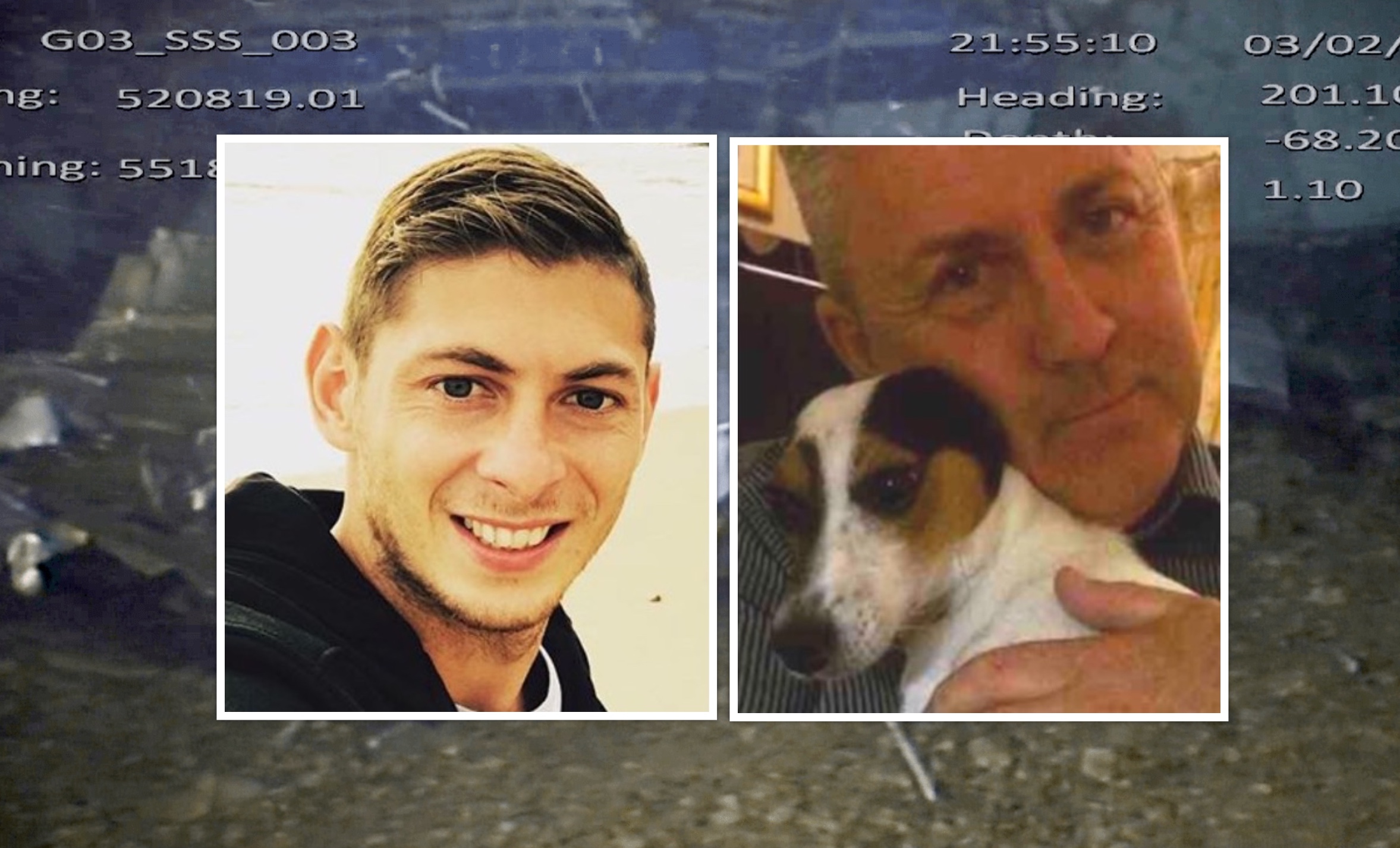


The inquest into the death of top Argentine footballer Emiliano Sala in a plane crash off the Channel Islands, has concluded he died instantly from head and chest injuries while deeply unconscious.
It began in Bournemouth on 14 February, more than three years after the plane carrying the twenty-eight year old footballer, and his pilot David Ibbotson, crashed between Guernsey and Alderney on a night of bad weather.
On 21 January 2019 Mr Sala was travelling from Nantes to Cardiff to complete a £15million transfer to the Welsh club when the single engine aircraft crashed into the sea.
The inquest was led by Coroner Rachael Griffin. It concluded that toxic levels of carbon monoxide had most likely seeped into the aircraft due to a broken exhaust system.
While not conclusively proving that this led to the crash, tests of Mr Sala’s blood indicated that he would have been “deeply unconscious” before impact.

Pictured: Emiliano Sala had a carbon monoxide blood saturation level of 58% when he died. Mr Ibbotson’s body was never recovered.
Mr Ibbotson was not in possession of a valid licence that permitted him to fly commercially at night.
Prior to the inquest, David Henderson, who organised the flight, had been found guilty of recklessly endangering the safety of an aircraft and sentenced to 18 months in prison.
The incident has raised concerns about whether carbon monoxide monitors should be made mandatory on private planes.
Sala “deeply unconscious” before plane plunged into the sea
Comments
Comments on this story express the views of the commentator only, not Bailiwick Publishing. We are unable to guarantee the accuracy of any of those comments.